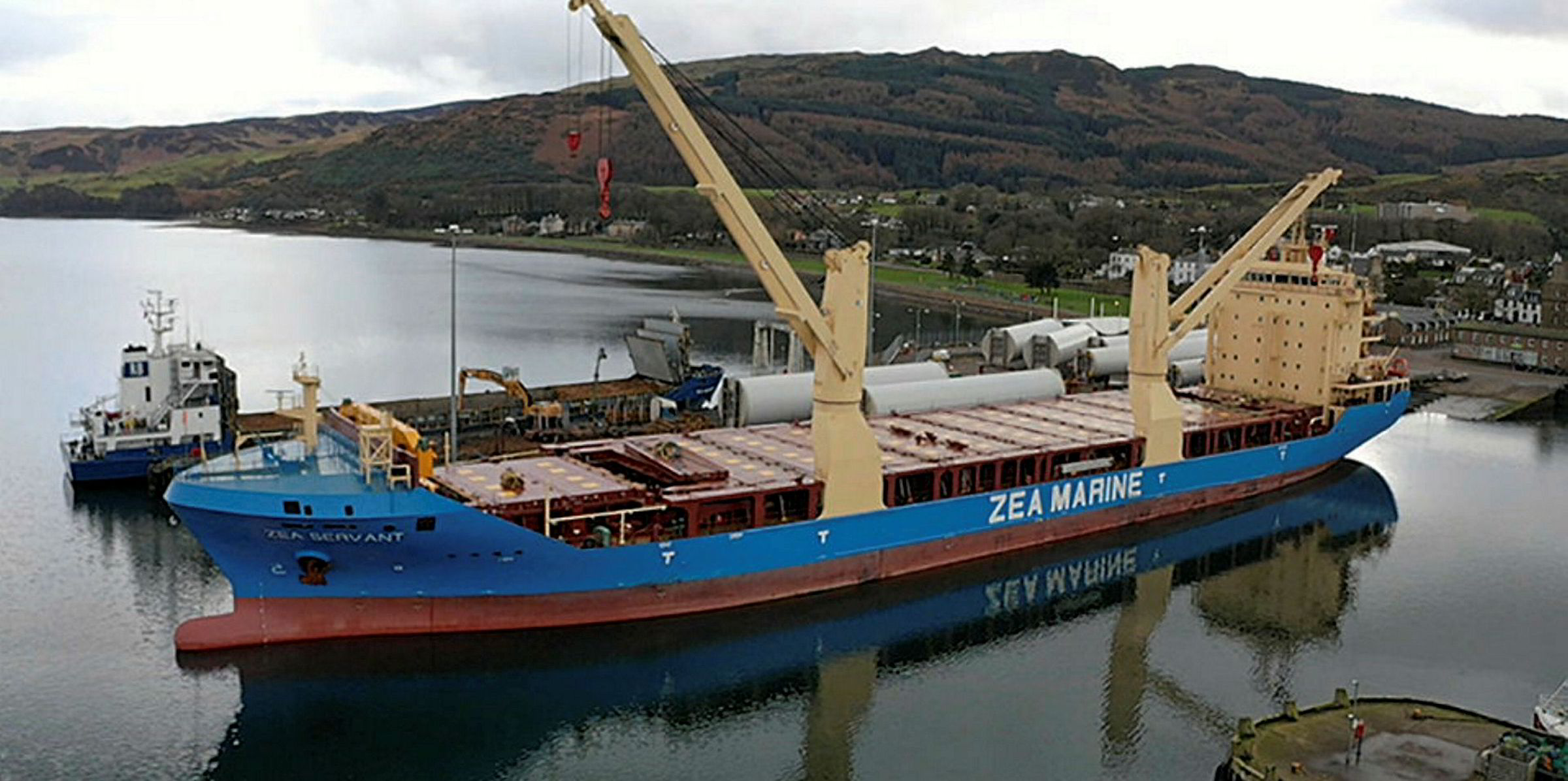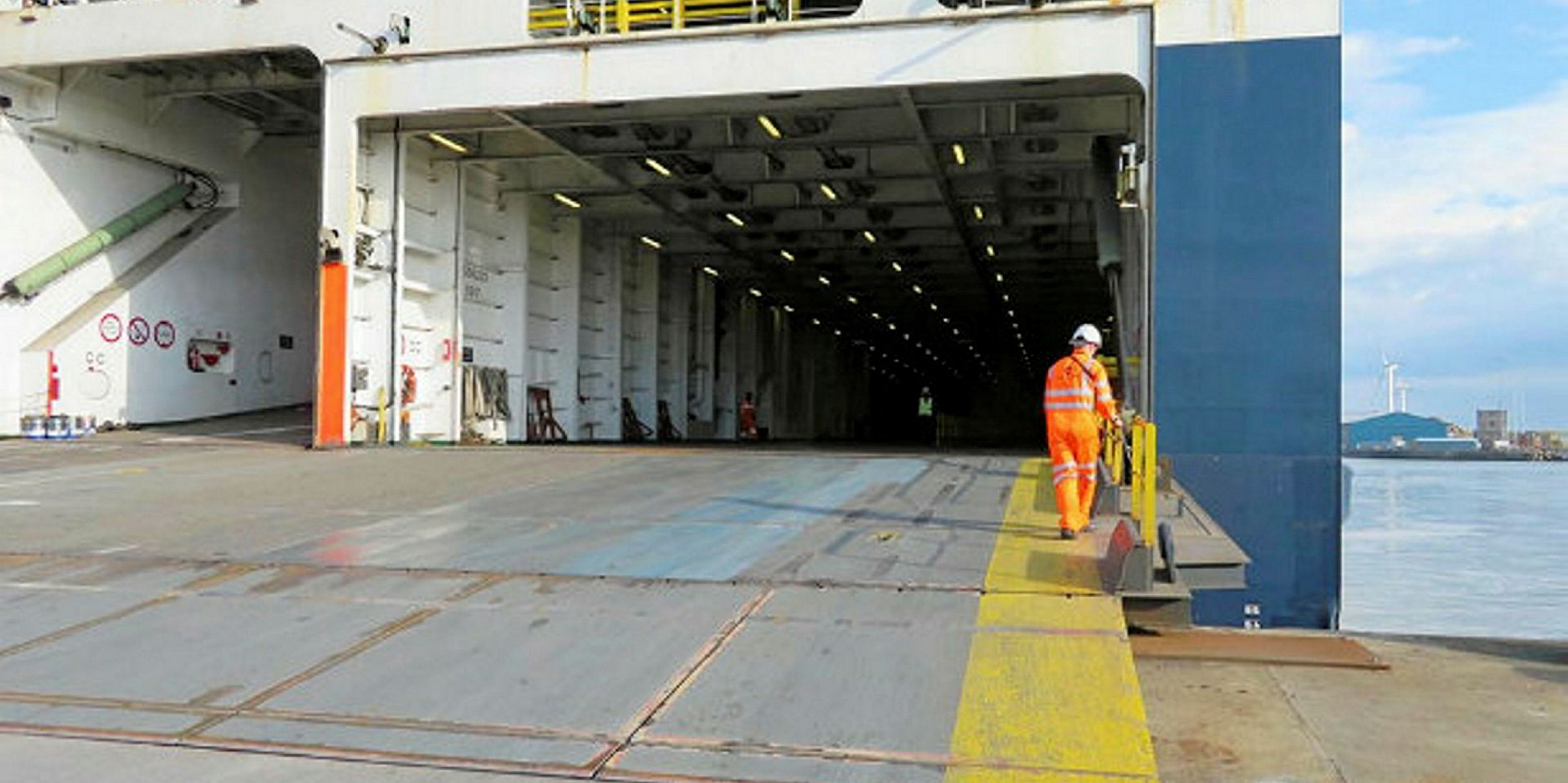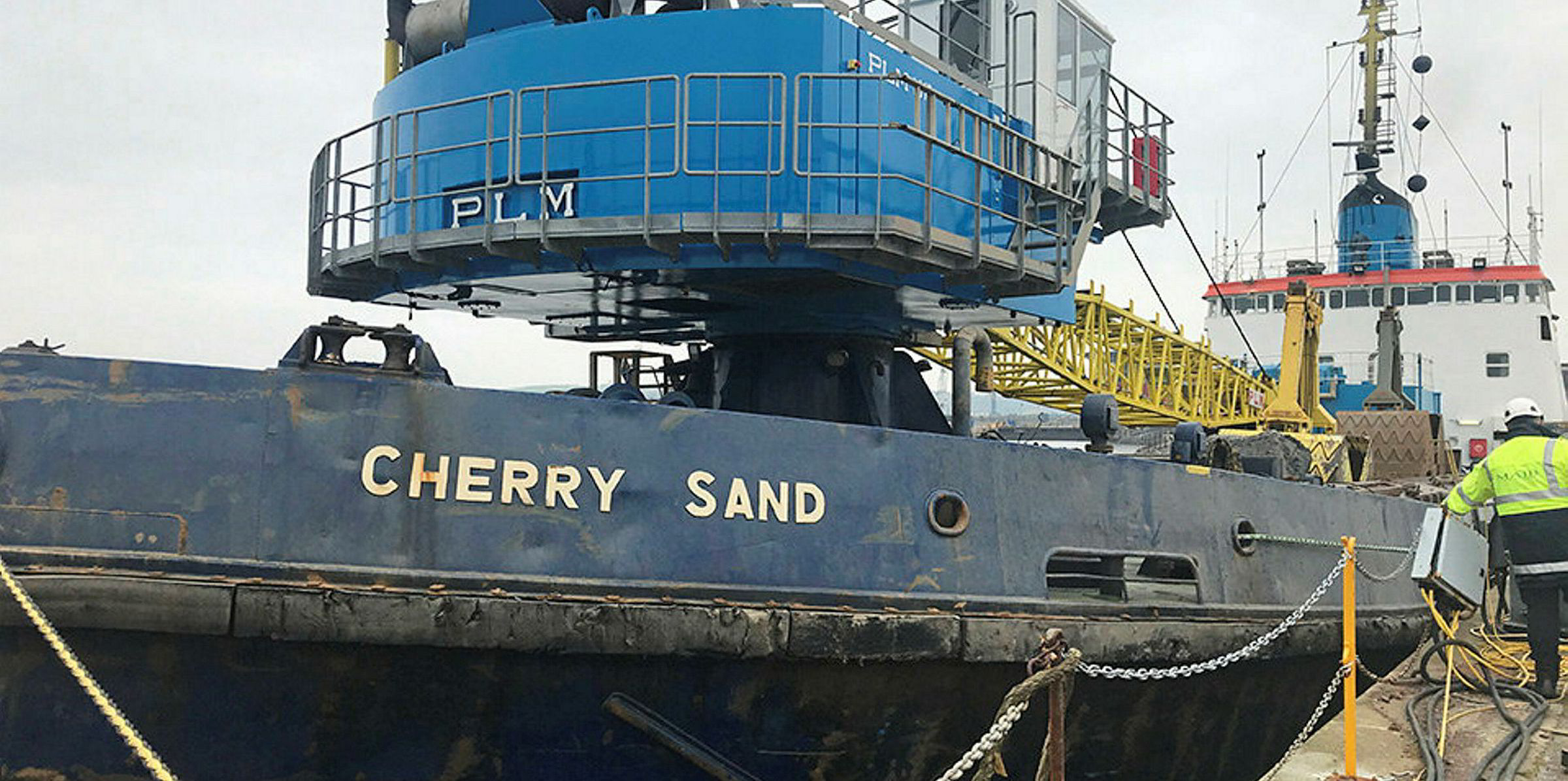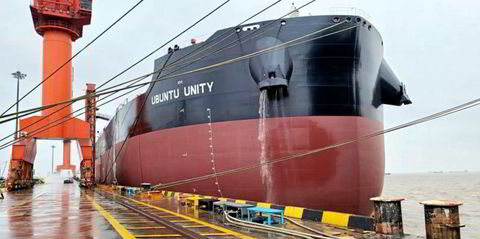The UK has warned of the dangers of standing in the fall zone on vessels while carrying out lifting operations.
Two seafarers were injured, one seriously, on the 12,300-dwt general cargoship Zea Servant (built 2018) in Scotland in March 2019 as a result of ignoring the hazards involved in standing under loads.
The accident happened at 2300 GMT on 2 March at Campbeltown, the Marine Accident Investigation Branch said.
The lifting gear used to move the vessel’s cargo hold hatch covers dropped because it became snagged, resulting in the snapping of a fibre sling that was part of the hoist.
The seafarers were in the danger zone to help with any snags, having seen this occur before, MAIB said.
One suffered a severe head injury and the other received a minor hand injury.
The more seriously injured seafarer was treated in a dedicated neurological injuries unit in Glasgow, before eventually being repatriated to recover at home in China.
MAIB found the men probably underestimated the risks they were taking because they had done the job before and the load had previously snagged without incident.
The sling's material condition was poor and its identification markings were illegible, it added.
Operation should have been stopped
"One of the most compelling requirements of safety on deck is to avoid working around or under a suspended load," MAIB said.
"Any of the crew on deck, including the crane driver, could have stopped the operation, but particularly the chief officer or the bosun, who were in supervisory roles."
But the probe found that the crew had a collective desire to get the task done and deck preparations had been delayed by adverse winds and there was pressure to prepare the vessel for the cargo loading.
"Although qualified seafarers, the crew had limited experience with this particular vessel, and as there was no procedure to follow they had adopted their own method of carrying out the lifting operation," the report said.
The fact they had resolved previous snags without difficulty might have inadvertently acted to reinforce their belief that their actions were not unduly hazardous, MAIB added.
The vessel was not fitted with a dedicated storage arrangement for the cargo hatch lifting gear, and the practice of placing it on pallets in the ventilation duct space was not appropriate, due to the snagging hazards, the report said.
The lifting operation had not been formally risk assessed, and a plan for the work had not been produced.
Since the accident, manager Tianjin Xinhai International Ship Management has identified an alternative stowage location and developed a lifting plan.
It has also taken action to improve general levels of safety awareness and the standards of lifting operations.
"In view of the managing company’s actions taken, no recommendations have been made in this report," MAIB said.






